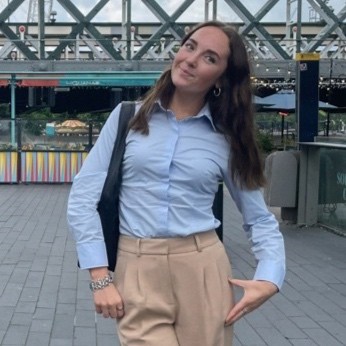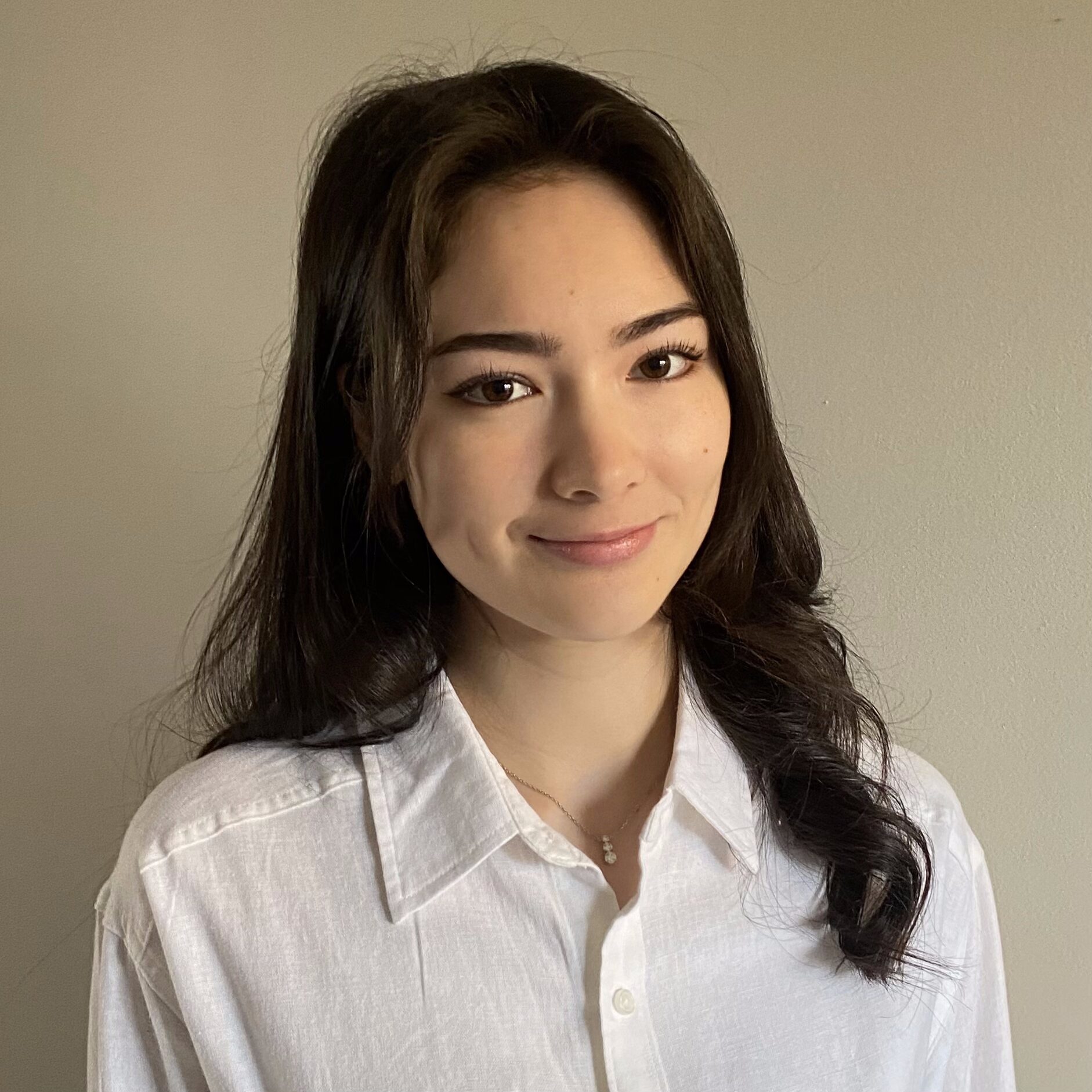“The biggest impact Patchwork has had on my life, is it has bridged the gap between having potential and being able to fulfil it, putting you in the right places at the right time, providing opportunities for you to improve yourself but also improve things for others…”
You’re currently a councillor! What does that job entail? What are the best parts and the worst parts?
There’s no specific description, but the job entails being a vocal representative for the area that I live in. It’s so varied, because I could get questions about safeguarding issues at the school, I could get questions about speeding matters, I could get questions about rubbish not being collected – I think that’s one of the most difficult things about it actually.As it’s varied, you’re expected to know a little bit about everything. You’re thrown in the deep end and there’s not a lot of training, so you have to learn on the job.
But I think the best thing about it is that people really appreciate it. As long as you do your best everyone appreciates the hard work you put in even if you don’t actually get the result they wanted at the end. People want to feel listened to. You also get invited to lots of local events! Yesterday I was at a dog show and got to judge the ‘waggiest tail’. We’ve done litter picks, village lunches, all sorts.
Do you have any political campaigning tips for anyone aspiring to be an elected official one day?
My tip would be, if it’s a local election then stick to local issues. Let the national party policy speak for itself. I stuck to small, local issues I knew I could change as a local councillor back in May. So things like increasing the opening hours of the waste centre, getting a school crossing installed, more frequent cleaning of roads. Sticking to local issues is also good because it takes the heat out of the debate. So if you knock on the doorstep and say I want to do XYZ for our village, a resident will rarely come back and have an argue. Why would they want to have a go at you for wanting to sort the weeds out?
Whereas if you knock on the door saying ‘I’m a Labour or Conservative candidate’ they start to get antagonistic if they don’t like Boris or Keir or whoever it may be. Keep it local.
Do you find any big differences between local and national politics?
Local politics has less rhetoric. You don’t have to stick to party lines quite as much because everyone is there to represent the people and get the best results for them, so a lot of the toxicity has been taken out of the work you do. Most of the time on the doorstep, even if people don’t vote for your party they still appreciate the time that you put in to go and ask them questions. When it’s local most people appreciate you’re not a full-time politician, and so it’s more gentle.
Why did you want to be a councillor, and how did you get involved?
The time I got involved in politics initially was when I was at university doing dentistry. I moved from Leicestershire to London, and in London there’s much greater health inequality. What surprised me was that I’d be seeing the same patient profile again and again; it would be young kids 2 to 4 years old having all their teeth out, and you’d see them walk out of surgery and their parents giving them full-sugar coke and things like that. And I thought, there’s got to be a better way upstream to help my patients. So I got involved in the Policy Institute at King’s and started looking into things like water fluoridation and then got involved in Patchwork, and it kind of spiralled from there!
The reason I got involved in local politics after moving home from university was because I felt appreciated and valued in my local association. It won’t surprise anyone that there are many more older members than younger, but my local group recognised this and we’re actively seeking a more diverse range of members. I was lucky as this meant I was given a lot of support and encouragement to stand for election and also guidance on campaigning.
Your day job is as a dentist. Do you see a connection between dentistry and politics? Do you think that one has informed the other in your life?
When I was at university I was disappointed because there was no overlap, but there really should be. I think like most professions, dentists don’t ever seem to be a fan of the government in power regardless of its colour and are always saying ‘we need better pay’, ‘we need more structure, ‘we need better patient access’, so there’s a lot of criticism going on. But actually when you step back and ask what have you done to advocate for dentistry, how have you gotten involved, have you written to your local MP, have you attended local NHS trust meetings – the answer is always no.
Combining both careers does help each one though. Working as a dentist, I see patients for 15 minutes for a check up and I have to immediately build a rapport with them, because there’s nothing worse than a standoffish dentist. So I’m constantly seeing new patients, new patients, new patients, but actually that’s the same as canvassing on the doorstep – I’m knocking on the door and talking for five minutes, next door five minutes, next door five minutes. You’ve got to quickly build up that rapport with your residents and act like you’ve known each other for years. So those communication skills have come in really handy.
The background in health has been handy as well. Being elected during Covid, I’ve been able to contribute to health initiatives and specifically how advice is communicated with residents. As a dentist, you do interact with County as well with things like safeguarding. If I had a patient I was worried about I could make a safeguarding report to the County who picks it up and leads on it.
What advice would you give to people who didn’t study politics or don’t have a strong political background for getting involved?
Something Matt Hancock said when he was talking to Patchwork during the pandemic stuck with me. He said ‘politics belongs to those who turn up’. Now as an association Chair, I put on events, host canvassing sessions, policy debates all sorts, and rarely do people actually engage. I can struggle to get 10 people to come knock on doors with me and our MP, but then people complain afterwards that they’re not engaged in local causes. You’ve got to put the legwork in first of all because no one’s going to do the work for you, but if you do put the effort in, there will be many people there to support you.
Also don’t be worried about not having a background in politics. I personally think it helps you! That’s why when I was considering doing politics at university, in the end I chose dentistry because I thought ‘let’s get some real life experience and a job’. You’ll be able to contribute to the debate much better if you’re bringing experience with you.
Why did you get involved in Patchwork?
I got involved the first time because I was socially awkward believe it or not! I’d always wanted to go to the national Conference, but I had no political friends, none of my family are political, I didn’t know anyone going and I thought I’d never have the guts to go to Conference on my own for 4 days without knowing anyone there.
Then the Party Conference Programme came up on Facebook, and it said ‘come to Party Conference with Patchwork and a cohort of other students’, and I thought well there’s 10 friends, that’s not as awkward is it?
So I signed up and did the Programme, and absolutely loved it. I really appreciated that the Programme was there for your development. It wasn’t just a ‘meet and greet with a politician, take a picture, isn’t that good fun?’. It was actually grounded in ‘what are you going to get from this, what skills do you want to learn and how are you going to use them?’, which really impressed me. Then I did the Masterclass Programme after, and it just went on from there.
What have you learnt from your time with us?
I think the best thing I’ve learnt from Patchwork is the importance of writing a good thank you note. It can’t be beat and I still write them to this day! When I was elected as a councillor the first thing I did was order some fancy headed paper with my name and contact details on. After I did my first event, which happened to be at the church in my village, I wrote to them thanking them for inviting me to talk with them over coffee and the letter has been pinned up on the church notice board! They all appreciated it.
You can’t beat a good thank you note.
What would you like to be doing in 10 years time?
I’ve got two possible routes. One route is working in parliament and contributing to health and social care debates. The other route is to go back to school and do a public health masters, concentrating on health communication. I was fortunate enough to do a summer studentship in the states as part of my degree and found the different approaches to public health between the US and UK fascinating. I’m sure whatever path I take the learning I have gained through Patchwork will help me.
Stay updated
Join our mailing list to stay up to date with all the latest!
Latest news
Testimonials



